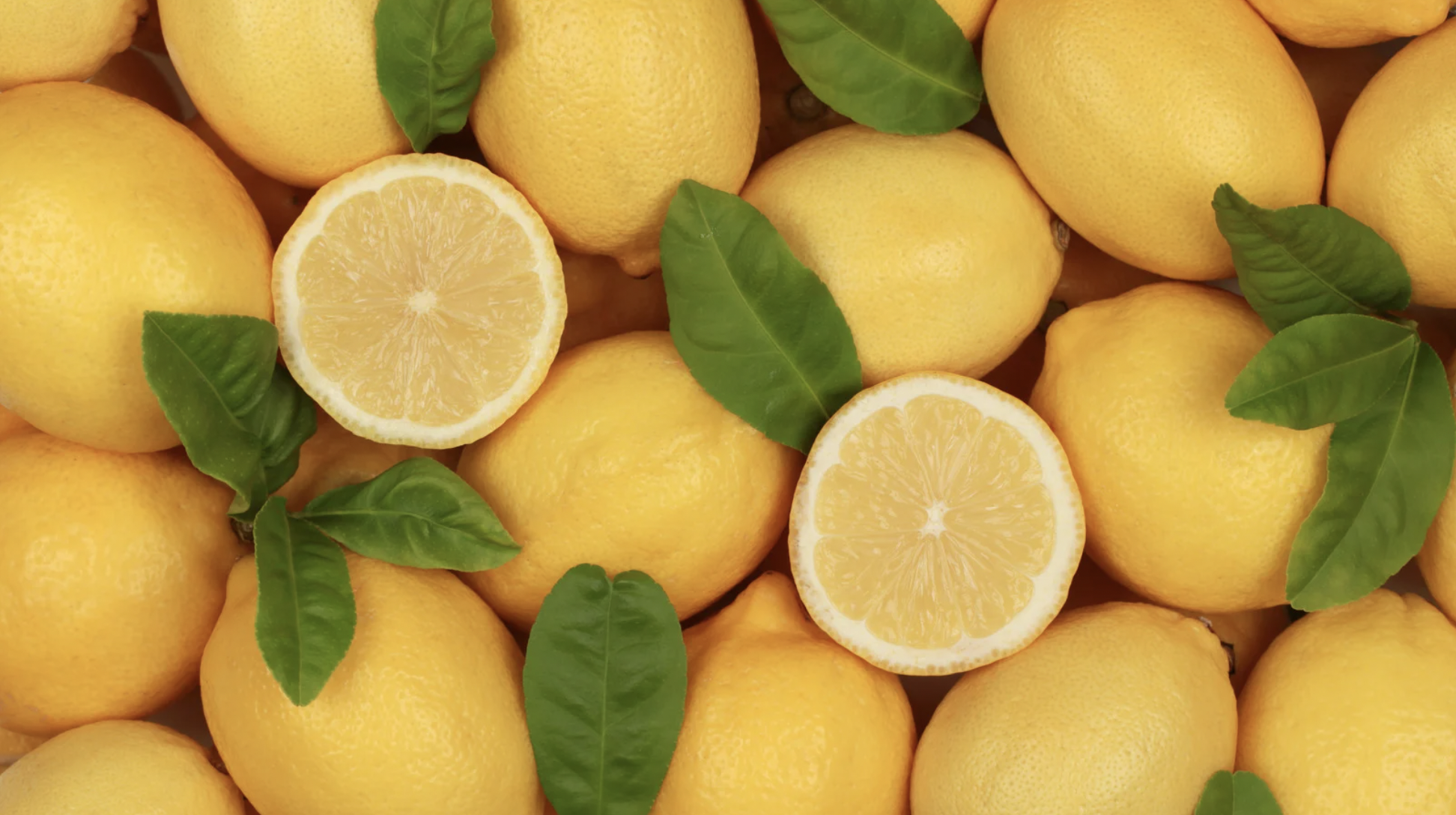Lemon (Citrus limon)
jffhff
Monograph of
Lemon (Citrus limon)
-
Euphorbiaceae
-
SWEET - Sweet refers to anything builds tissue, including macronutrients such as carbohydrates, proteins and fats.
ASTRINGENT - Astringency is characterized by constriction, drawing together, or drying.
BITTER - Bitter taste has cholagogue action - it is cooling, clearing, light, and stimulating. It increases digestive enzymes, laxative, and dries out excess moisture in the tissues.
SALTY - Salty refers to anything with salt, or high mineral content.
SOUR - Sour refers to anything fermented or acidic.
PUNGENT - Pungency is characterized by irritation, or sharp, spicy foods that irritate the mouth such as black pepper.
ACRID - Acrid taste is a combination of bitter and pungent tastes. Example include radish, turnip, and coffee.
BLAND - Bland means doesn't have much taste. In Chinese medicine, bland taste refers to afood without little macronutrients, such as cabbage, radish or bok choy.
CRUNCHY - Makes an audible noise when you eat them.
-
Autumn/Winter
Summer
Spring
-
CLEAR - Clear refers to anything that cleanses or flushes out wastes, or that digests metabolic toxins.
DRY - Dry is identified by lack of moisture, lack of fat, or anything that causes diuresis.
GOOEY - Gooey is identified by anything gelatinous (such as oatmeal), or by mucus congestion.
COLD - Cold refers to anything that reduces body temperature, metabolism, and blood flow.
HEAVY - Heavy is identified by sedation, sluggishness, or increased weight.
TOXIC - A substance that causes toxicity in the body, or that harms the body in large quantities.
DIFFICULT - Difficult refers to anything that is difficult to digest, or takes a long time to digest.
EASY - Easy refers to anything easy to digest, or digests quickly.
HOT - Hot is identified by increased body temperature, metabolism, or inflammation.
LIGHT - Lightness is identified by reduced weight.
MOBILE - Mobile refers to anything that stimulates the nervous system, muscles, or activity.
OILY - Oily refers to anything moistening. More specifically, oily refers to building substances that increases fat, or are themselves fatty. For example, sugar is Oily.
AROMATIC - Substances with volatile essential oils that present strong aromas. Aromatic oils shock, refresh and numb tissue, with the end result of relaxing, opening and clearing stagnant fluids in tissues.
-
Signs of Catabolic excess- Dryness, feeling cold and too light. If it’s not easy to gain weight, you are most likely a Catabolic type.
Signs of Metabolic excess- Excess heat, irritation and inflammation. When balanced, digestion is strong and weight is healthy.
Signs of Anabolic excess- Feeling heaviness, slow digestion and lethargy. A slow metabolism is common. Gaining weight from a diet high in carbs and sugar is too easy.
Sample may:
-
Indicated tissue states identify the dynamic patterns of imbalance within the body that a substance is suited to correct, helping guide personalized treatment.
Sample is best indicated for tissue states involving ___
Simpler explanation: Tissue states show what’s happening at the tissue level — whether things are too dry, too tense, too inflamed — and what foods or herbs can help fix that.
-
Affinities are the targeted tissues that Sample acts on after chemical releases:
Sample has a strong affinity for ____
-
-
-
Item description
Note:
To find out which foods and dosages are best suited for your body type, please take the Body Type Quiz to detect any current imbalances and consult a traditional whole-person health practitioner (like myself) for personalized support and recommendations.
Medicinal Actions of
Lemon (Citrus limon)
-
-
-
-
-
-
FIBROTIC REDUCING - Fibrosis of an organ is often a progressive leading to organ failure (i.e lungs, liver, kidney). While vulneraries usually help restore collagen, antifibrotic herbs often clear collagen. Aka fibrinolytic.
ANTILITHIC - A substance that dissolves / breaks up stones (gallstones or kidney stones) so that it can be passed.
-
-
-
Item description
-
-
-
-
Description text goes here



